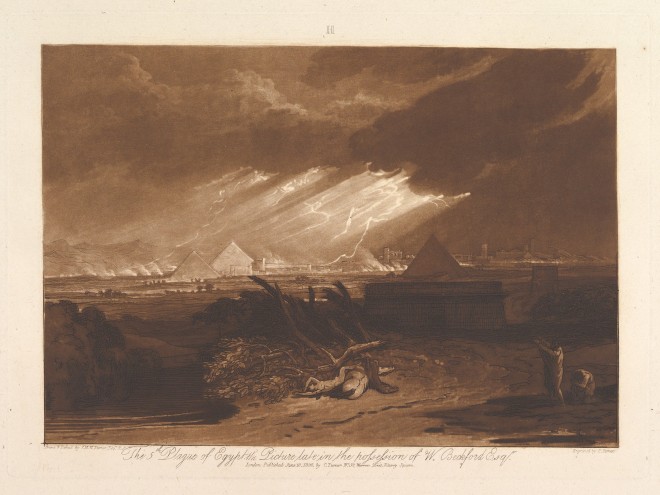A physician and historian of science and medicine at the National Institute of Health tells the hidden story of how plagues and pandemics shaped the history of the Jewish people.
Plagues, pandemics, and infectious diseases have shaped the history of the Jewish people. Of course, there were the ten biblical plagues that famously smote the Egyptians — from the rain of frogs to the deaths of the firstborn — but that is just the start of the story. For the Talmudic Sages infectious diseases were part of the fundamental fabric of God’s created world. In later times, however, disease was often thought to be caused by malign spells and incantations. A counter-magic developed to combat them. Amulets were deployed and miracle workers sought out. Surprisingly, Jeremy Brown shows, Jews sometimes even visited Christian shrines and beseeched the intervention of their saints. In 1348, when the Black Death swept through Europe, Jews fell victim both to the disease, for which they were blamed, and to the antisemitic violence that followed. At least 235 Jewish communities were persecuted even as Pope Clement IV ruled that anyone joining or authorizing the persecution would be excommunicated.
In The Eleventh Plague, Brown investigates the relation between Judaism and infectious diseases throughout the ages, from premodern and early-modern plagues, to rabbinic responses to smallpox and cholera, to the special vulnerabilities Jewish immigrants faced in the US as result of prejudice, and to the curious practice of “Black Weddings” in which two orphans are married in a cemetery. Popularized during the 1918 influenza pandemic the practice was revived in response to the Covid-19 pandemic, showing that the intriguing relationship between Judaism and infectious disease remains relevant today.

The Eleventh Plague: Jews and Pandemics from the Bible to COVID-19
Discussion Questions
Written in the shadow of COVID-19, The Eleventh Plague offers a much-needed historical perspective on pandemics and the Jewish community. Jeremy Brown, a physician and historian of science and medicine, takes the reader on an expansive journey through this history, from the Exodus story of the ten plagues, to outbreaks of smallpox and the Black Death in medieval Europe, to influenza and COVID-19 in more modern times. Well-researched yet accessible, Brown’s book helps the reader understand the specific ways in which rabbis and other leaders of Jewish thought responded to moments of “plague” and how Jewish theology developed in light of these events. Equally importantly, Brown notes how the Jewish community itself has been affected not only by pandemics and plagues, but also by the anti-Jewish blame that often accompanies these crises. The Eleventh Plague serves as a magnificent, deeply informative examination of the impact of plagues and pandemics on Jews and Judaism throughout history. In that way, it provides important context for all who are still struggling to understand the impact of our most recent pandemic.

Help support the Jewish Book Council.



